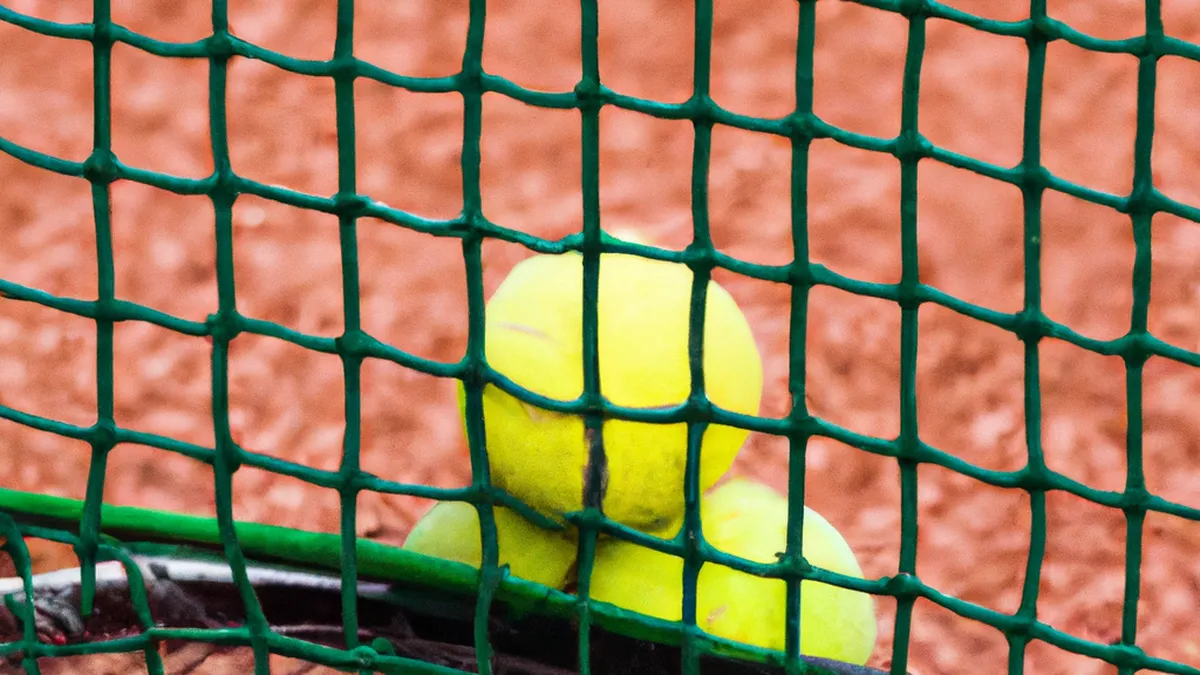Sodium, Potassium, and Tennis: What You Need
The Importance of Electrolytes in TennisTennis demands physical and mental endurance. Players push their bodies during long matches under intense sun or competitive indoor settings. In these situations, maintaining hydration and electrolyte balance is crucial. Electrolytes significantly impact performance, recovery, and overall health. This post explores electrolytes’ importance in tennis, offering tips and highlighting benefits.
What Are Electrolytes?
Electrolytes are minerals with an electrical charge, including sodium, potassium, calcium, magnesium, chloride, bicarbonate, and phosphate. These minerals regulate bodily functions like muscle contractions and nerve signaling. In tennis, electrolytes sustain performance under high exertion.Players lose fluids and electrolytes through sweat during intense physical activity. This loss can lead to dehydration and electrolyte imbalance, severely impacting performance and well-being.
Why Electrolytes Matter in Tennis
Players sweat profusely during matches. Sweat contains water and essential electrolytes. Losing fluids also means losing vital minerals. Dehydration can cause muscle cramps, fatigue, dizziness, and decreased performance. Athletes may experience “heat illness,” ranging from mild headaches to severe heat exhaustion or heat stroke.Tennis matches often last several hours, especially in tournaments. Players must replenish lost electrolytes to continue performing well. Ignoring electrolyte needs can lead to serious health consequences.
The Role of Specific Electrolytes
– **Sodium**: Sodium is the primary electrolyte lost in sweat, essential for fluid balance and muscle function. It maintains blood pressure and volume. Consuming enough sodium prevents hyponatremia, which can cause confusion, seizures, and coma.- **Potassium**: Potassium regulates heart function and muscle contractions. It is vital for nerve signaling and works with sodium to maintain fluid balance. Low potassium levels can lead to muscle weakness and cramps.- **Calcium**: Calcium supports muscle contractions and nerve signaling beyond bone health. Low calcium levels can cause muscle spasms and cramps, hindering performance.- **Magnesium**: Magnesium participates in over 300 biochemical reactions, including energy production and muscle function. It aids muscle relaxation and helps mitigate cramps and fatigue.
Tips for Maintaining Electrolyte Balance
As an Amazon Associate I earn from qualifying purchases.
Gear tip: consider tennis racket, tennis balls, and overgrip to support this topic.
Stay hydrated consistently during matches.
Conclusion
Electrolytes play a crucial role in tennis performance, recovery, and overall health.
Below are related products based on this post:
FAQ
What are electrolytes?
Electrolytes are minerals with an electrical charge, including sodium, potassium, calcium, magnesium, chloride, bicarbonate, and phosphate. They are essential for regulating bodily functions such as muscle contractions and nerve signaling, particularly important in high-exertion sports like tennis.
Why are electrolytes important for tennis players?
Electrolytes are vital for tennis players as they help maintain hydration and prevent dehydration during intense matches. Losing electrolytes through sweat can lead to muscle cramps, fatigue, and decreased performance, making it essential for players to replenish these minerals.
What are some tips for maintaining electrolyte balance during matches?
To maintain electrolyte balance, players should stay consistently hydrated throughout their matches. This includes consuming fluids that contain electrolytes to replenish what is lost through sweat and to support ongoing performance and recovery.















Post Comment